With VSCode 1.52 (Nov. 2020), you might also consider another tag:
JSDoc @see tags let you reference other functions and classes in your JSDoc comments.
The example below shows crash function referencing the WrappedError class from another file:
// @filename: somewhere.ts
export class WrappedError extends Error { ... }
// @filename: ace.ts
import { WrappedError } from './somewhere'
/**
* @see {WrappedError}
*/
function crash(kind) {
throw new WrappedError(kind);
}
VS Code will now include basic @see references while performing renames.
You can also run go to definition on the @see tag's content and @see tags will also show up in the list of references.
We plan to continue improving support for @see tags in future releases.
As Mark notes in the comments:
JSDoc @link support
We now support JSDoc @link tags in JavaScript and TypeScript comments.
These let you create clickable links to a symbol in your documentation:

JSDoc @link tags are written as: {@link symbolName}.
You can also optionally specify text to be render in place of the symbol name: {@link class.property Alt text}.
@link is supported in hovers, suggestions, and signature help.
We have also updated vscode.d.ts to use @link.
Note: cachius adds in the comments:
import { MyClassName } from "path/to/MyClassName";
If MyClassName is not already imported, adding @see MyClassName in the JSDoc would only show any on hover and doesn't allow ctrl + clickthrough to declaration/usages.
Importing it allows that, even if the only mention is in the JSDoc.
This is useful when a module/class refers to some other logically, but without using it directly.
Unused imports might trigger eslint warnings though, which I'd silence in this case with:
// eslint-disable-next-line @typescript-eslint/no-unused-vars
